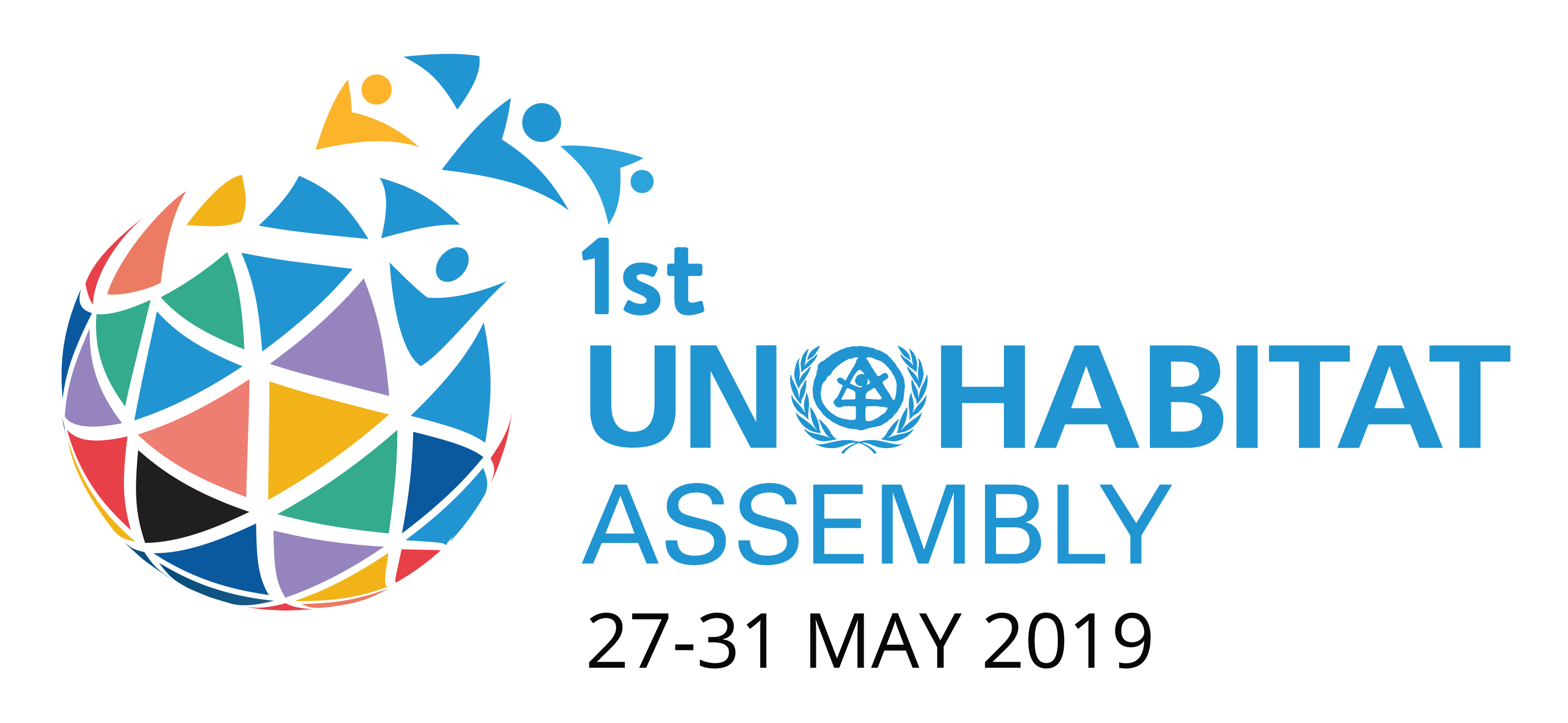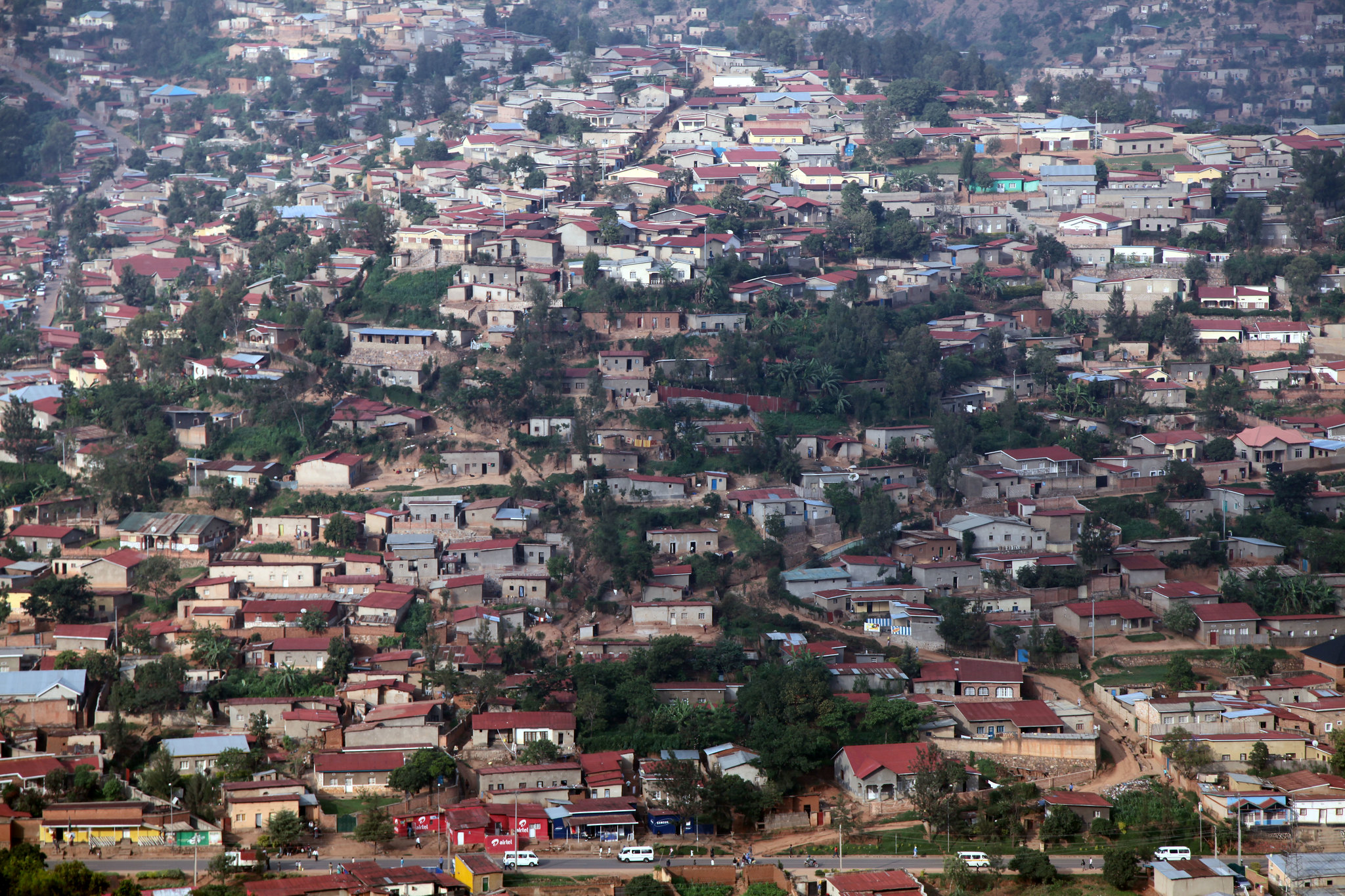Date: 27-31 May 2019
Location: UN Office at Nairobi (UNON), Gigiri, Nairobi, Kenya
Background:
The United Nations Human Settlements Programme (UN- Habitat) will hold its first ever Assembly from 27 to 31 May 2019 in Nairobi, Kenya. The theme of the UN-Habitat Assembly is “Innovation for a Better Quality of Life in Cities and Communities – Accelerated Implementation of the New Urban Agenda towards achievement of the Sustainable Development Goals”.
The UN-Habitat Assembly will adopt global norms and policies that will guide how cities and communities are planned, managed and governed. It will also determine the strategic priorities for accelerating implementation of the New Urban Agenda to achieve the Sustainable Development Goals for the next six years, through UN-Habitat’s Strategic Plan (2020-2025).
The Assembly is a great opportunity for all actors in the urbanization arena, including national and local governments, business, civil society and others to engage in a vibrant and dynamic week of interaction.The UN-Habitat Assembly replaces the Governing Council, as decided by the General Assembly in its resolution of 20th December 2018 on Strengthening UN-Habitat.
The UN-Habitat Assembly will be the highest-level decision-making body focused on sustainable urbanization and human settlements. The Assembly is universal, with all 193 United Nations Member States, and is expected to make decisions and adopt resolutions that will frame the global urbanization agenda, look at major trends, develop norms and standards related to sustainable urbanization and human settlements and provide strategic guidance to UN-Habitat in its work.
Principles:
The UN-Habitat Assembly preparations encompass the following principles:
1. Inclusivity and consensus-based decision making among the Member States;
2. Innovative org anization to encourage full and dynamic participation, learning and partnerships;
3. High level participation to raise the profile of sustainable urbanization and UN-Habitat as a focal point agency in the United Nations system;
4. Wide stakeholder participation and contribution
5. Strong commitment to gender equality and inclusivity in all deliberations.
Overall Objective:
The objective of the UN-Habitat Assembly is to unpack the challenges of urbanization (urban poverty, marginalization, unemployment, climate change, humanitarian crises, etc.) and propose innovative solutions, including best practices, to leverage the opportunities of sustainable urban development so as to leave no one and no place behind.To accelerate the implementation of the New Urban Agenda and achieve the Sustainable Development Goals (SDGs), the UN-Habitat Assembly provides opportunities to form strategic alliances to advance the sustainable urbanization and human settlements agenda while mobilising strong political and financial support for UN-Habitat’s Strategic Plan and its role as a centre of excellence and global leader in the field.
The UN-Habitat Assembly will determine global norms and policies on the theme of the Assembly, to be outlined in the final Nairobi Ministerial Declaration. It will also be a place to find innovative solutions on how cities and communities are planned, designed, managed and governed to ensure a good quality of life for all, in line with the New Urban Agenda and SDG 11.
Expected Outcomes:
1. Innovative solutions and best practices to successfully leverage the opportunities of sustainable urban development and human settlements, including non-traditional financing mechanisms for development of cities and regions.
2. Strong normative and policy outcomes on the theme of the Assembly: “Innovation for a better quality of life in cities and communities” and a Nairobi Ministerial declaration outlining commitments to action.
3. Strategic alliances among national and local government, business, civil society and international institutions harnessed to scale up innovative solutions in sustainable urbanization and human settlements.
4. Business and stakeholder commitments to accelerating progress in implementation of the New Urban Agenda to achieve the SDGs through innovation and strategic partnerships.
5. Strong political and sustainable financial commitments to sustainable urbanization and UN-Habitat as a focal point and centre of excellence in this field.
6. A foundation for strong oversight of UN-Habitat’s work is established through the UN-Habitat Assembly and the Executive Board and a strong framework for the conduct of the UN-Habitat Assembly and its subsidiary bodies for the period 2019-2023.

Principles:
The UN-Habitat Assembly preparations encompass the following principles:
1. Inclusivity and consensus-based decision making among the Member States;
2. Innovative org anization to encourage full and dynamic participation, learning and partnerships;
3. High level participation to raise the profile of sustainable urbanization and UN-Habitat as a focal point agency in the United Nations system;
4. Wide stakeholder participation and contribution
5. Strong commitment to gender equality and inclusivity in all deliberations.
Overall Objective:
The objective of the UN-Habitat Assembly is to unpack the challenges of urbanization (urban poverty, marginalization, unemployment, climate change, humanitarian crises, etc.) and propose innovative solutions, including best practices, to leverage the opportunities of sustainable urban development so as to leave no one and no place behind.To accelerate the implementation of the New Urban Agenda and achieve the Sustainable Development Goals (SDGs), the UN-Habitat Assembly provides opportunities to form strategic alliances to advance the sustainable urbanization and human settlements agenda while mobilising strong political and financial support for UN-Habitat’s Strategic Plan and its role as a centre of excellence and global leader in the field.
The UN-Habitat Assembly will determine global norms and policies on the theme of the Assembly, to be outlined in the final Nairobi Ministerial Declaration. It will also be a place to find innovative solutions on how cities and communities are planned, designed, managed and governed to ensure a good quality of life for all, in line with the New Urban Agenda and SDG 11.
Expected Outcomes:
1. Innovative solutions and best practices to successfully leverage the opportunities of sustainable urban development and human settlements, including non-traditional financing mechanisms for development of cities and regions.
2. Strong normative and policy outcomes on the theme of the Assembly: “Innovation for a better quality of life in cities and communities” and a Nairobi Ministerial declaration outlining commitments to action.
3. Strategic alliances among national and local government, business, civil society and international institutions harnessed to scale up innovative solutions in sustainable urbanization and human settlements.
4. Business and stakeholder commitments to accelerating progress in implementation of the New Urban Agenda to achieve the SDGs through innovation and strategic partnerships.
5. Strong political and sustainable financial commitments to sustainable urbanization and UN-Habitat as a focal point and centre of excellence in this field.
6. A foundation for strong oversight of UN-Habitat’s work is established through the UN-Habitat Assembly and the Executive Board and a strong framework for the conduct of the UN-Habitat Assembly and its subsidiary bodies for the period 2019-2023.
